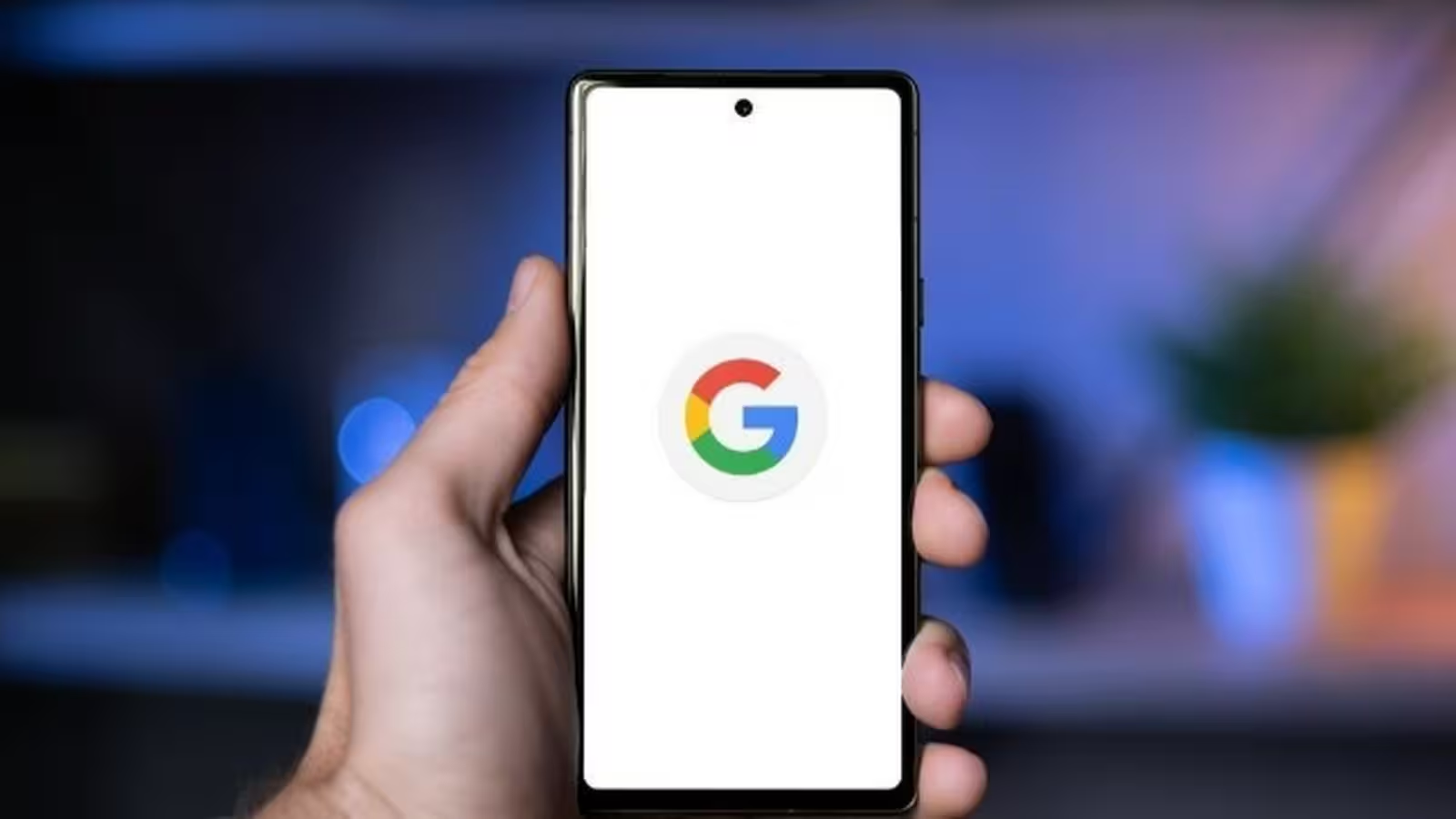3 Minutes
California Jury Rules Against Google in Major Privacy Lawsuit
In a landmark verdict with significant implications for digital privacy, a California jury has ordered Google to pay $314.6 million in damages to Android users across the state. The penalty follows a class-action lawsuit that accused Google of secretly gathering data from idle Android smartphones without explicit user permission, impacting nearly 14 million Californians since 2019.
Unconsented Data Collection and Its Consequences
The lawsuit contended that Google, leveraging its Android ecosystem, was collecting personal data even when devices were not in active use. This information — allegedly used to fuel Google’s targeted advertising platform and related services — raised serious privacy concerns, especially as the process reportedly consumed users’ cellular data unbeknownst to them.
Legal Standpoints and Corporate Response
Glen Summers, representing the plaintiffs, emphasized that the court’s decision highlights the gravity of Google’s actions, underscoring the significance of transparent data management in the tech industry. In contrast, Google’s spokesperson argued the verdict misunderstood the core functionalities required for maintaining Android’s security, performance, and reliability. The company insists that all data collection falls under its stated privacy policies and terms of service, and plans to appeal the ruling, stating no user harm has been demonstrated.
Broader Market Impact and Future Lawsuits
This California case isn’t isolated. A separate lawsuit involving the remaining 49 states—raising similar allegations about intrusive data practices by Google—has been scheduled for trial in April 2026. The outcomes of these legal battles may shape future privacy standards and practices across the smartphone industry and influence how tech giants handle user data globally.
Implications for Android Users and the Mobile Ecosystem
The ruling puts the spotlight on critical Android features, such as background processes and the way data is utilized for service optimization and advertising personalization. While Android’s functionality is designed to enhance user experience and device security, concerns about data transparency and user consent remain central to the ongoing debate. As rival platforms like Apple’s iOS promote stricter privacy measures, scrutiny on data collection policies may intensify, potentially leading to broader reforms in mobile operating systems and app ecosystems.
Conclusion: Navigating Digital Privacy in the Android Era
This high-profile Google lawsuit serves as a reminder for tech companies and app developers to prioritize user trust through transparent data practices. Users are advised to review app permissions, update privacy settings, and stay informed about how their data is being managed to ensure greater digital security on their Android devices.
Source: androidauthority



Comments